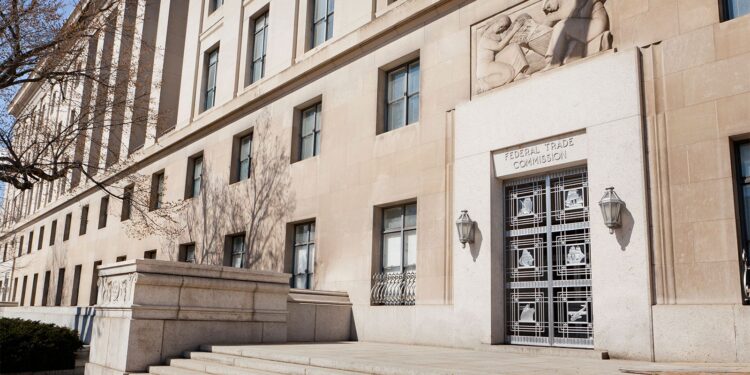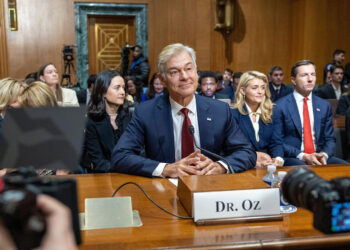Last week, the Federal Trade Commission (FTC) announced a settlement with the private equity firm Welsh, Carson, Anderson & Stowe (WCAS), resolving a potential administrative antitrust case.
The FTC had alleged that WCAS — through its portfolio company U.S. Anesthesia Partners (USAP) — engaged in acquisitions to “suppress competition and drive up prices” for anesthesiology services in Texas. Now, under a proposed consent order, WCAS will be required to limit its involvement with USAP and notify the FTC of future acquisitions and investments in anesthesia services and other hospital-based physician practices.
Robert McNamara, MD, of Temple University in Philadelphia, who has long fought against private equity in emergency medicine, told MedPage Today that the settlement is “another message sent to private equity regarding its role in healthcare.”
“It doesn’t radically change things right now, but it’s a multi-front war, and we consider this a definite victory,” he said. Though the settlement is not “going to immediately reshape things,” it is likely “going to help restrict the growth, at least of this company.”
Furthermore, the fact that the settlement was signed off on by all five FTC commissioners, including Andrew Ferguson who took over as chair of the agency earlier this week under the Trump administration, “gives a lot of hope for the future,” McNamara added.
The FTC said that its proposed consent agreement with the private equity firm contains provisions that include freezing the firm’s investment in USAP and reducing its board representation to a single, non-chair seat; having the firm obtain prior approval for any future investments in anesthesia services nationwide; and having the firm provide a 30-day notice for certain transactions involving other hospital-based physician practices nationwide.
The road to the settlement had been a winding one.
In an initial federal court filing in September 2023, the FTC alleged that USAP and WCAS — which formed USAP in 2012 — engaged in a roll-up scheme that consisted of buying almost every large anesthesia practice in Texas to build a dominant provider that could demand higher prices.
However, in May of last year, the court dismissed WCAS from the antitrust case on procedural grounds, finding that the FTC lacked authority to bring the case against the private equity firm in federal court because its complaint did not allege the firm was currently violating the law, as required under Section 13(b) of the FTC Act. (The agency’s antitrust case against USAP remains in federal court.)
The settlement “underscores that the common corporate tactic of seeking dismissal of a federal case on Section 13(b) grounds may delay — but will not deny — the FTC’s efforts to challenge anticompetitive conduct,” the agency said. “If necessary, the commission will bring suit in administrative court to protect consumers from anticompetitive conduct.”
In an emailed statement, a spokesperson for WCAS wrote that “despite our confidence in prevailing again in any repeat of this case, we made the decision to agree to a benign notice settlement that will not affect our business in any respect and involves no admissions of wrongdoing or monetary penalties. This allows us to put a politically motivated matter behind us and avoid additional expense and distraction.”
“At WCAS, we remain most proud of our reputation and legacy of being a private equity firm of the highest integrity,” the spokesperson added.
Regarding the FTC’s antitrust case against USAP that remains in federal court, a spokesperson for USAP reiterated its prior remarks on the matter, noting in an email that “we look forward to proving the FTC’s claims are without merit, but in the meantime, we continue to focus on our patients and the communities we serve.”
Source link : https://www.medpagetoday.com/special-reports/features/113890
Author :
Publish date : 2025-01-22 20:39:35
Copyright for syndicated content belongs to the linked Source.


![author['full_name']](https://newshealth.biz/wp-content/uploads/2025/01/FTC-Settles-With-Private-Equity-Firm-Over-Anesthesia-Investments.jpg)












